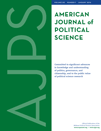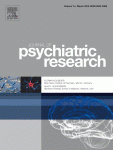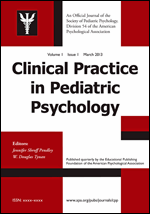 JAMA authors have retracted — and replaced — a 2014 paper about the mental health effects of household moves on kids, after they found errors while completing an additional analysis.
JAMA authors have retracted — and replaced — a 2014 paper about the mental health effects of household moves on kids, after they found errors while completing an additional analysis.
The original paper concluded that in “families who moved out of high-poverty neighborhoods, boys experienced an increase and girls a decrease in rates of depression and conduct disorder,” according to a press release issued by the journal along with the paper (which also got some press attention from Reuters). But part of that conclusion is wrong.
The authors write in a notice for “Associations of Housing Mobility Interventions for Children in High-Poverty Neighborhoods With Subsequent Mental Disorders During Adolescence” that:
Continue reading JAMA authors retract (and replace) paper about moves and kids’ mental health

 PLOS ONE has republished data that were
PLOS ONE has republished data that were  After PLOS ONE allowed authors to remove a dataset from a paper on chronic fatigue syndrome, the editors are now “discussing the matter” with the researchers, given the journal’s requirements about data availability.
After PLOS ONE allowed authors to remove a dataset from a paper on chronic fatigue syndrome, the editors are now “discussing the matter” with the researchers, given the journal’s requirements about data availability.




